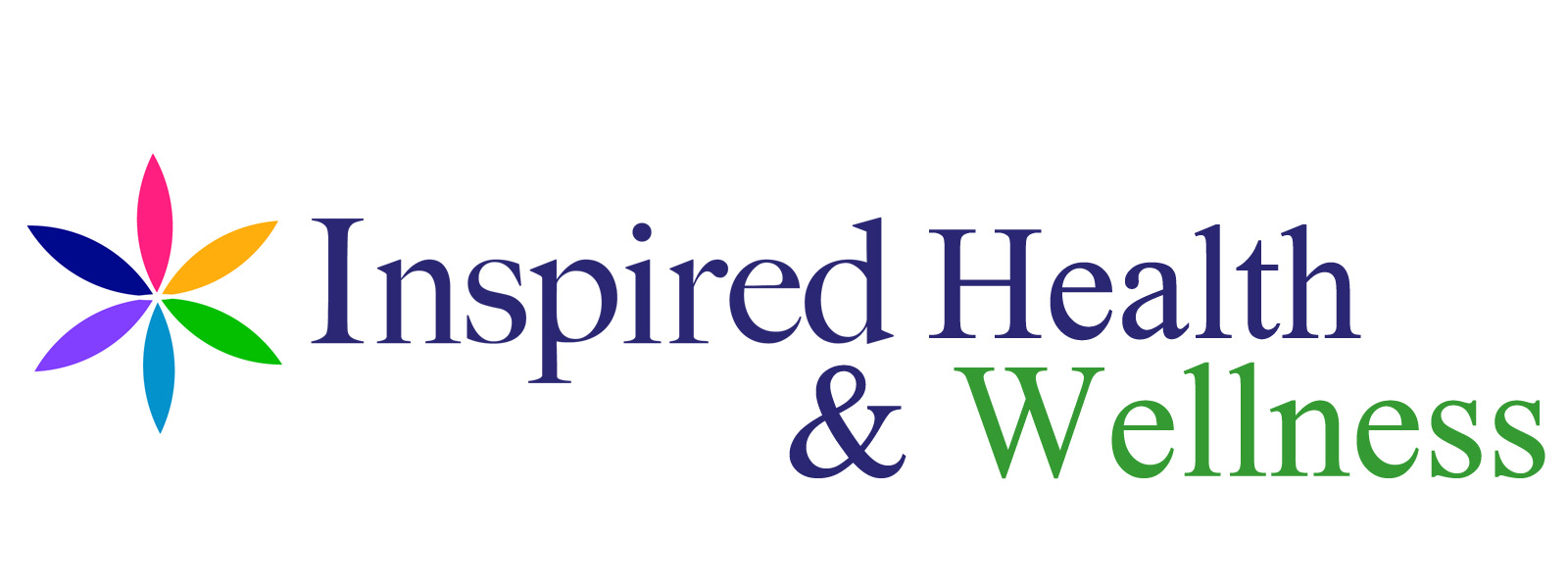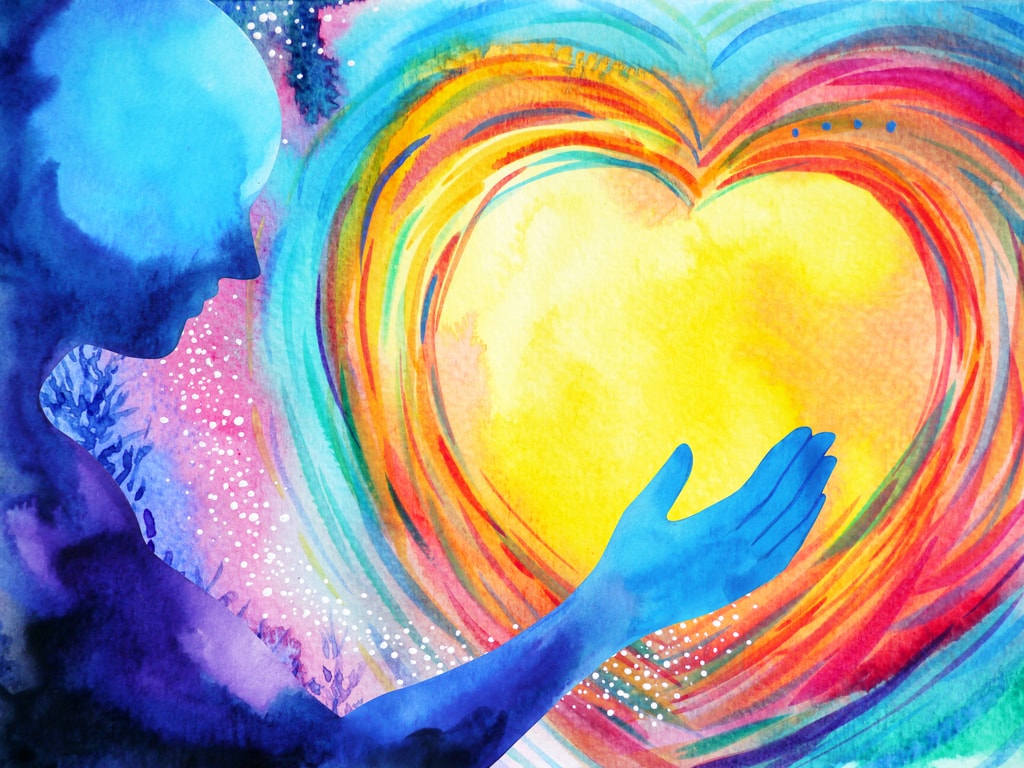
If you’re anything like me, you hate feeling lost, hopeless, and frustrated. As a young child I was extremely sensitive. I would plaster myself up against walls upon entering a room, even if it was only my extended family. Exasperated relatives watched confused as I would crawl under a dinner table and stay there until it was time to go home. Over the years, mainly through my involvement in sports, mental health, and advocacy, I’ve learned how to cope with extreme sensitivity, but it took a long time to understand what sensitivity was and how to change my relationship with it from the inside, out.
People who suffer from extreme sensitivity experience their environment as overwhelming. How they experience their sensitivity depends on their upbringing, energetic body type, and defense mechanisms.
Symptoms of environmental overwhelm will vary for each individual, but they can include: anxiety, heart racing, sweating, trouble breathing, loss of confidence, lack of words or self-expression, sleep disturbances, and even extreme fear like panic. No one wants to feel ‘different’ or unable to hang out like everyone else, but Highly Sensitive People (HSP) don’t really have a choice when loud sounds, intense feelings, and even small lifestyle changes disrupt their sense of safety.
This overwhelming feeling of loss or the inability to relate with others will often times stop us in our tracks and leads to a stress response in the body.
Anxiety Affects Health
When we experience sensory overload our natural stress response is usually a release of the hormone cortisol. Cortisol floods the body forcing blood into the muscles in an attempt to aid us in a struggle for survival. When the body receives this flood of cortisol too often we experience stress, tension, and anxiety. During periods of intense anxiety, our brain is so consumed by stress that it actually diverts energy to different areas of the body.
For example, problems with digestion, absorption of nutrients, and inflammation co-occur with anxiety because the feeling of fear, even if generalized, actually elicits a response in the brain to send less energy to the digestive system, causing a disruption. How a mind-body-spirit responds to anxiety is different for everyone, but it also shuts down different areas in the brain’s processing in order to conserve energy in order to primarily deal with stress.
Research shows:
Virtually all chronic degenerative diseases start in childhood[1].
The mechanism is cellular inflammation resulting from excess stress hormones cortisol and epinephrine.
These stress hormones are the result of unresolved childhood pain and ongoing stress through adulthood.
Relaxation through Deep Concentration
A great way to reduce the influx of cortisol into the body and musculature is through relaxation. A lot of research has been done on visualization, breathing, and performance in sports. When the mind relaxes it signals the body to let go of tension so returning it to a more ‘normal’ state. This can be very challenging for a sensitive individual as we have no control over our environment sometimes, but we do have control over our own states.
Through sensitization to different environments using relaxation and concentration we can ‘turn off’ our heightened fear response to certain stimuli which are not, in actuality, dangerous to our health. The body/mind doesn’t discern the difference and will continue to flood the body with cortisol at the slightest uptick of physiological feedback. By retraining ourselves to enter into deeper breathing, using visualization, and calming our senses we can being to allow our body to relax in social situations versus white knuckling through it and worrying about the consequences later.
We Must Find Our Zen
Zen is a state of being. A state which is typically described as a state of mind, but it encompasses: mind, body, and spirit. When we are in a Zen state we are untouchable. We embody our totality and are integrated in mind, body, and spirit. We breath, feel strong, and connected fully to the present moment. In order to achieve our highest health and wellness intentions, we must be balanced. The Inspired Health & Wellness Approach rests on 10 Zen pillars of health.
1.) INSPIRED ACTION: Taking inspired action.
Instead of making a decision or taking action with an “I have to do it” attitude, connect in a more personal way. For example, what is the deeper meaning underneath why you should write that book? Is it from the passion to share something extraordinary, commitment to finishing a lifelong aspiration, thirst for creation, or spreading the truth? When you take inspired action, life flows, instead of feeling like drudgery.
2.) VISUALIZE: Visualization helps the mind focus.
Using strong intention through visualization we see our highest and best self. By incorporating fun and inspiring visualizations our health journey becomes an adventure.
3. DREAM WORK: Understanding our dream life creates opportunities for inner growth.
Often times important health information will come through dreams, but we ignore it or discard the message. Tracking dreams helps us understand the depths of our emotions, allows for creative thought, and advances our intentions for growth on all levels.
To learn more about the Zen 10 and Inspired Health & Wellness click here:




